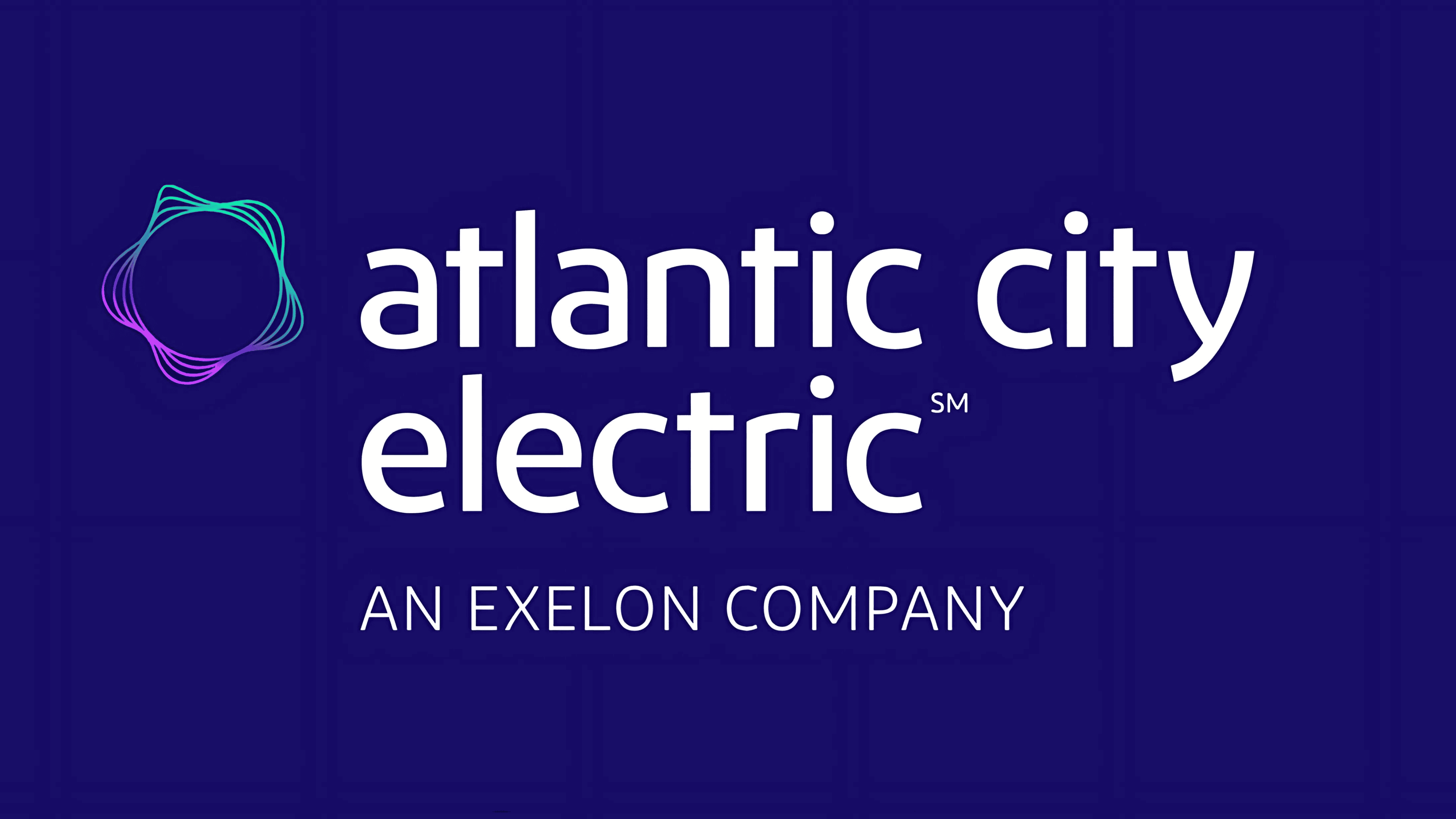This Is What Atlantic City Electric Had to Say About Your Electric Bill
Atlantic City Electric (ACE) has faced mounting frustration from customers in recent months due to rising energy bills throughout South Jersey. This growing concern is reflected in Congressman Van Drew’s recent public letter and a circulating petition on social media.
In his letter, Van Drew stated, “There needs to be a thorough investigation with a public hearing, and until we have answers, any energy hikes should be immediately halted… I demand the NJBPU take immediate action to alleviate this strain and protect our residents from these unjust financial burdens.”
Many of our readers have reported online that their bills have increased by hundreds of dollars, leading to widespread demands for answers.
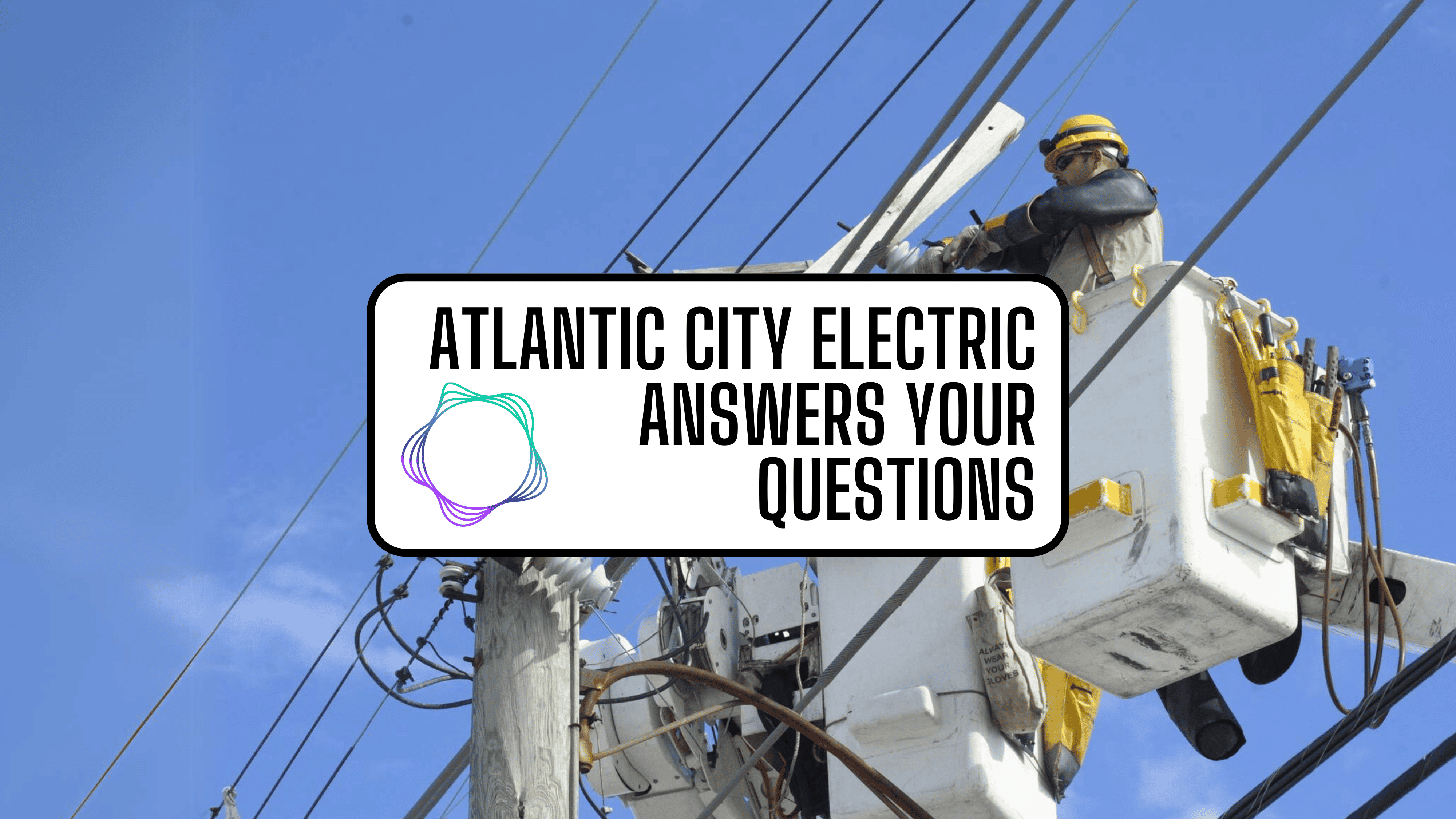
This Is What Atlantic City Electric Had to Say About Your Electric Bill
The Wildwood Video Archive has also received numerous questions and concerns from residents about these rising energy costs.
Among these concerns are queries about whether the recent cancellation of a wind farm is linked to the price hikes and confusion over the details of the 20% increase and its allocation.
To provide some clarity, we reached out to ACE’s Senior Communications Specialist, Candice Womer.
Womer explained that the rate hikes are attributed to a combination of factors, including extreme weather conditions, increased energy consumption, and the costs associated with maintaining a reliable power grid.
Let’s examine the reasons behind these rate increases and what ACE is doing to address customer concerns.
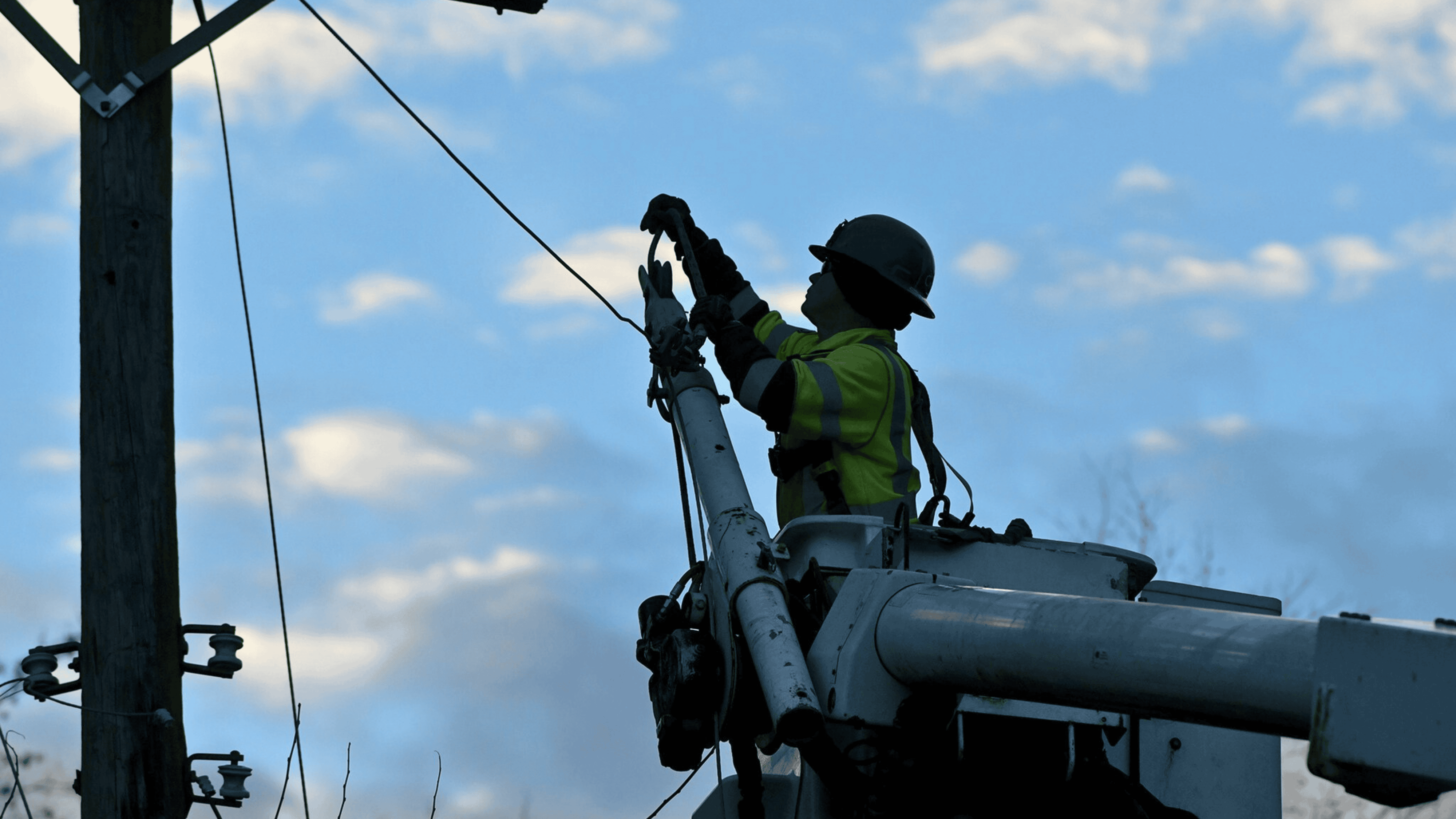
Some readers were puzzled as to why some customers saw increases while others did not. ACE clarified that all customers were subject to the same percentage increase, regardless of location. According to ACE, residential customers have experienced a 20% overall rate increase over the past year, attributed to multiple factors:
- Distribution Rate Increases: Five percent of the increase stems from distribution rate hikes implemented in two phases, in December 2023 and February 2024. These rates are used to fund reliability upgrades and maintain the infrastructure needed to deliver electricity. They also help cover costs associated with severe storm damage and efforts to make the grid more resilient against future storms.
- Supply Rate Increases: Thirteen percent of the increase is linked to higher supply rates from July 2023 to July 2024. The supply rate reflects the cost of electricity purchased from generators, which fluctuates based on market conditions and demand. ACE emphasizes that these costs are passed directly to consumers without any profit margin.
- Other Charges: The remaining two percent of the increase is related to other charges that have come into effect over the past year.
Also See: Woman Struck by Police Vehicle on Wildwood Beach
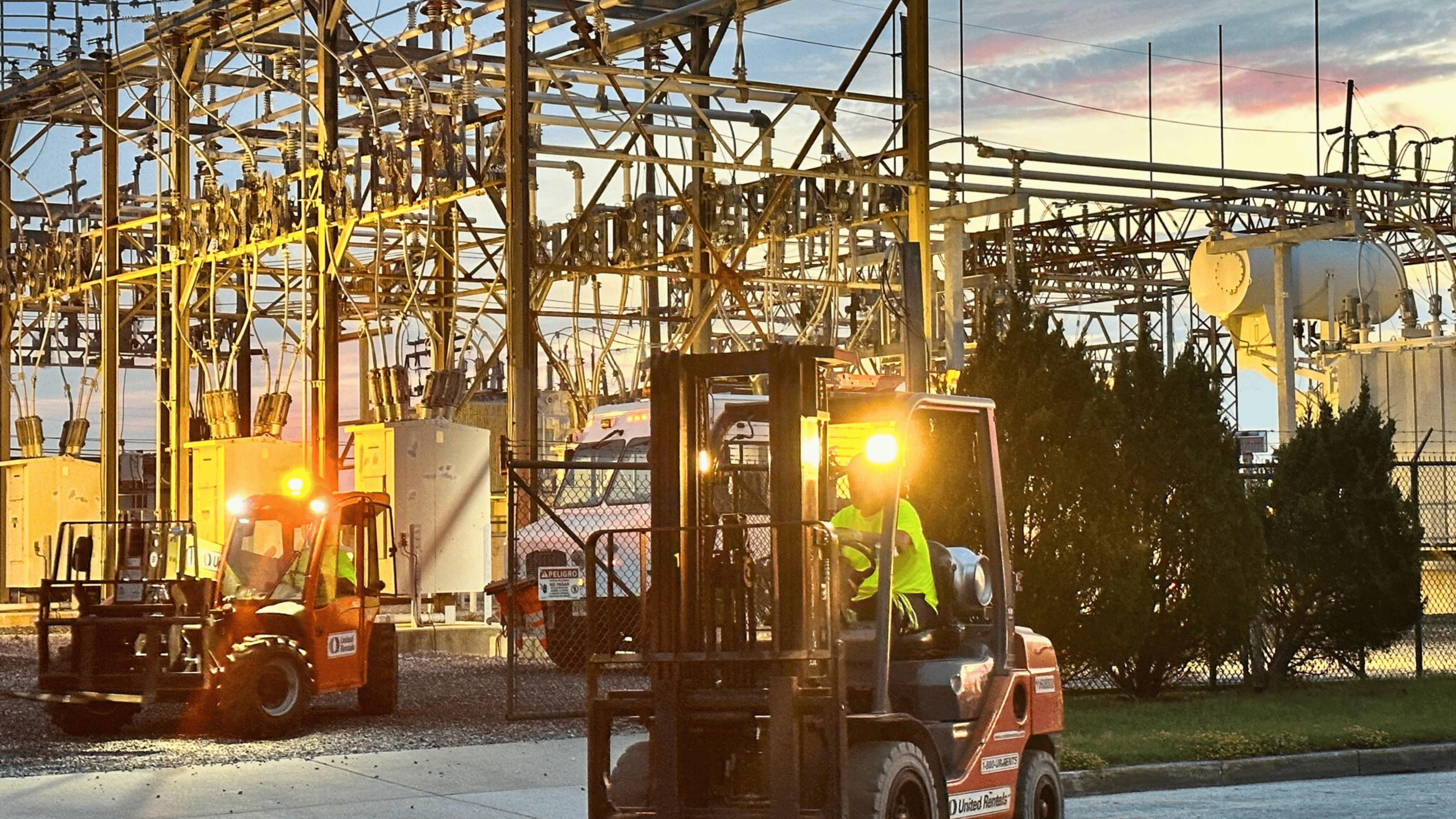
ACE pointed out that the ongoing summer heat is impacting the region, with New Jersey potentially on track for its warmest summer to date. The extreme heat, combined with changes in energy rates, has led to fluctuations in customers’ recent energy bills.
ACE says that June 2024 was the second hottest on record in New Jersey, with temperatures rising nearly eight percent compared to June 2023. July also ranked as the seventh hottest month on record, leading to a 20% increase in residential energy usage in ACE’s service area compared to the previous year.
As energy demand rises, so does the strain on equipment, which must work harder to meet this demand. This, coupled with inflation and extreme weather, has been a significant factor in the rising energy bills many customers are facing.
Rate Adjustments Are Regulated by the New Jersey Board of Public Utilities (NJBPU)
When a utility company like ACE believes it needs to adjust its rates, it must submit a formal rate increase request to the NJBPU. This proposal includes detailed information about why the increase is necessary, the costs involved, and how the new rates will affect customers.
- NJBPU Review: After receiving the proposal, the NJBPU conducts a thorough review, examining the utility’s financial records, operational costs, and justifications for the rate increase. The board’s goal is to ensure that the proposed rates are fair and reasonable for both the utility company and its customers.
- Public Hearings: The NJBPU often holds public hearings to gather input from customers and other stakeholders. These hearings allow residents, businesses, consumer advocates, and others to express their views on the proposed rate hike. The public’s feedback is crucial in the decision-making process.
- Investigation and Analysis: The NJBPU may also conduct its own investigation and analysis, which could include studies, expert testimony, and financial audits. This helps the board understand the full impact of the rate increase on customers’ bills and the utility’s ability to provide reliable service.
- Decision and Order: After considering all the information, the NJBPU makes a decision on the rate increase proposal. The board can approve the request in full, approve a modified version, or deny the increase altogether. If approved, the NJBPU issues an order specifying the new rates and the effective date of the changes.
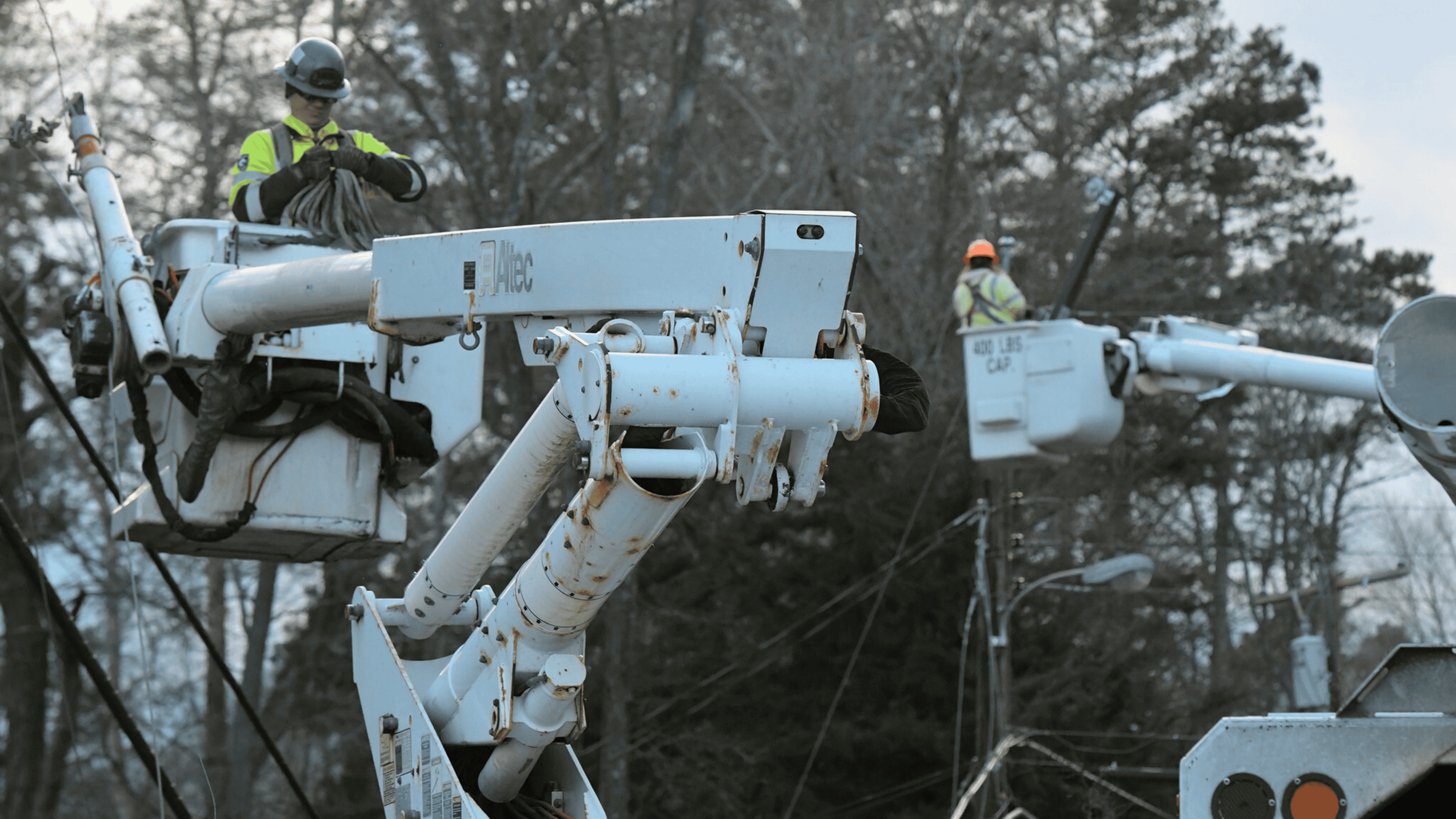
Atlantic City Electric adjusts rates seasonally, with changes occurring on June 1 and October 1 each year. A 2% decrease in rates is set to take effect on October 1, offering some relief to customers as cooler weather reduces the need for air conditioning.
No Connection to Ørsted Wind Projects
A common question among customers is whether the recent rate hikes are linked to the now-canceled Ørsted wind projects, Ocean Wind 1 and Ocean Wind 2. ACE has clarified that these projects are not connected to the current rate increases.
What To Do If You Need Help Paying Your Bill
ACE offers various assistance programs for those struggling to pay their bills:
- Low-Income Home Energy Assistance Program (LIHEAP): Provides grants based on household income, size, and other factors.
- New Jersey SHARES: A nonprofit program offering utility assistance to eligible customers.
- Universal Service Fund (USF): Ensures affordable energy bills for eligible customers.
- Payment Assistance for Gas and Electric (PAGE): Offers relief for customers facing temporary financial crises.
- Lifeline: Provides $225 to eligible customers based on income guidelines. – 1-800-792-9745
What do you think should happen in this situation? Do you believe that an investigation should be opened into the New Jersey Board of Public Utilities (NJBPU)?
That is what some are calling for since they are the ones who approve the hikes proposed by all utility companies in the state.

